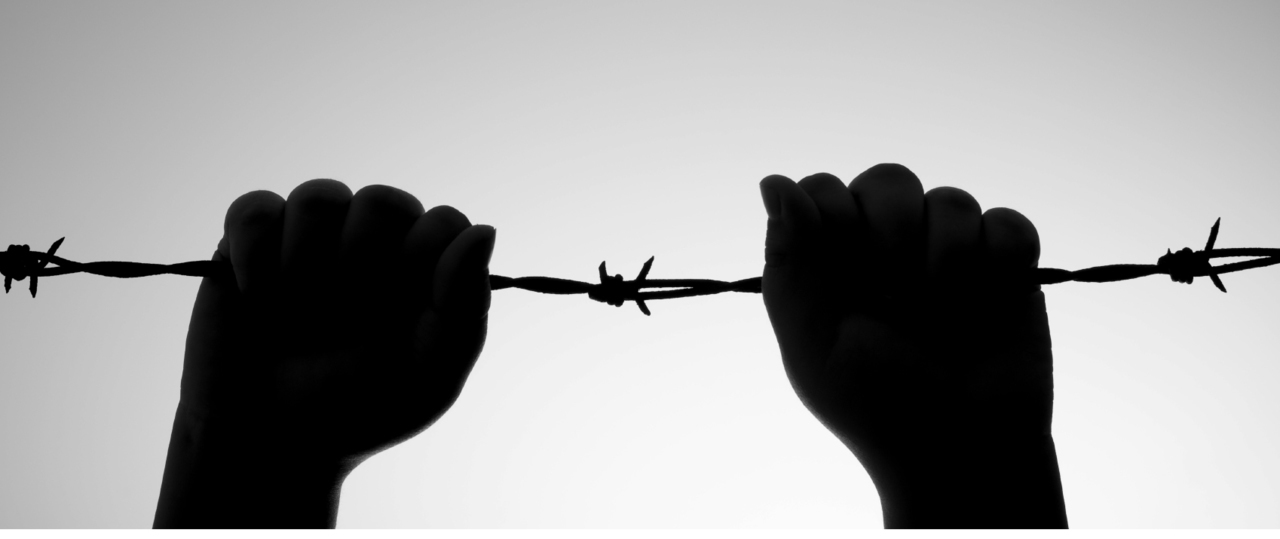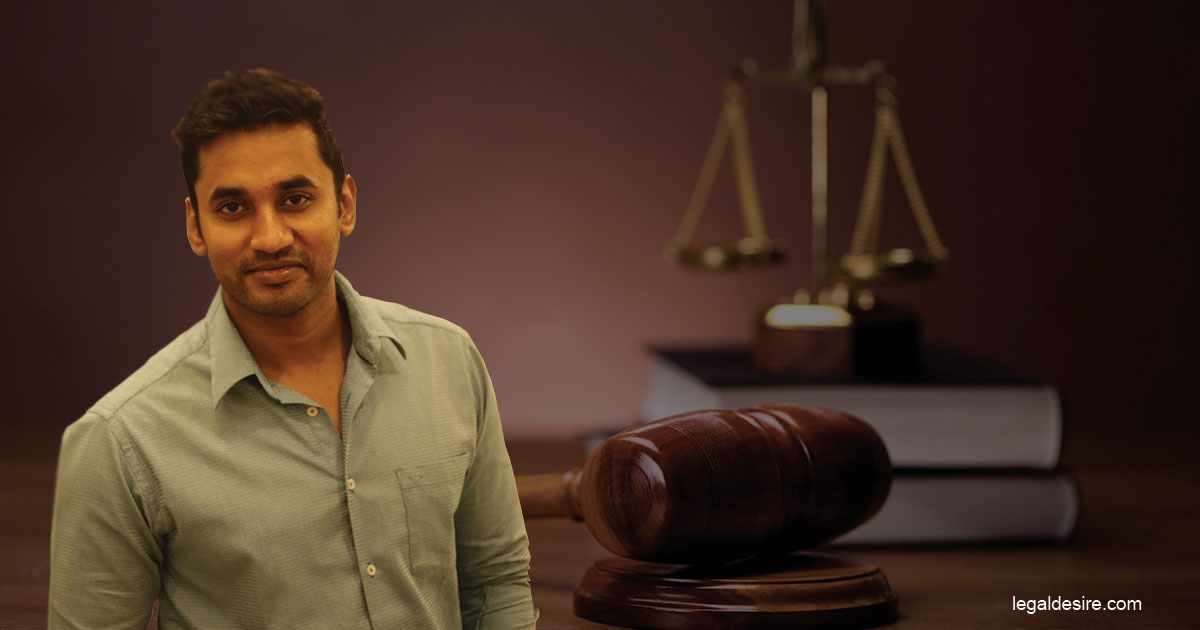Now Reading: Prosecution of the Prisoners under International Humanitarian law
-
01
Prosecution of the Prisoners under International Humanitarian law

Prosecution of the Prisoners under International Humanitarian law
In a world of democracies, in a world where the great projects that have set humanity on fire are the projects of the emancipation of individuals from entrenched social division and hierarchy, in such a world individuals must never be puppets or prisons of the societies or cultures into which they have been born. But the rapid enhancement in the technological developments and changing international relations paved the path for wars several times and the consequences of these wars are well known. One such hidden consequence of the wars are associated with the prosecution of prisoners of war but with the development of the International Humanitarian laws, the methods as well as the authorities related with such prosecution changed. This article basically deals with the whole concept of the prosecution of prisoners of war and its changing sphere in the contemporary international humanitarian law. It also deals with the different authorities and the development level related to the humanitarian aspects for these prisoners of war.
“No one truly knows a nation until one has been inside its jails, a nation should not be judged by how it treats its highest citizens, but the lowest ones”, the above quote by Nelson Mandela in true sense defines the current condition of the war prisoners in the international humanitarian law.
Prisoners of war may simply be defined as “In an armed conflict between two states, any person who is taken into custody by the opposite state or belligerent power during or immediate after such conflict” whether the reason may be legitimate or illegitimate. The statute of the International Criminal Court defines war crimes as, inter alia, “Serious violations of the laws and customs applicable in the International armed conflicts” and “serious violation of the laws and customs applicable in an armed conflict not of an international character”. Here the terms serious violations are given in terms of military manuals and legislation of several states. In the famous “Tadic case” (1995) it was defined that violation must be serious, that is to say, it must constitute a breach of a rule protecting important values and the breach must involve grave impacts.
Procedure and Authorities of prosecution (Municipal v. International)
First and for most International law need state to take some actions regarding it. First a state must enact a legislation prohibiting and punishing grave breaches either adopting a separate law or by amending existing laws. Also, the legislations must cover person as a whole, apart from nationality or status just on commission of the grave breech. Secondly, a state must search for and prosecute those alleged to be responsible for grave breaches. It must prosecute such persons or extradite them for trial in another state. Thirdly, a state must require its military commanders to prevent, suppress, and take action against those under their control who commit grave breaches. At last the states should assist each other in connection with criminal proceedings relating to grave breaches. In a nutshell all the violations of the humanitarian law must be suppressed.
There are several international criminal tribunals which are made for the punishment of war crimes. These includes-
a) The Ad Hoc Tribunals– The UNSC, acting under Chapter VII of the UN Charter has established two Ad hoc tribunals for such issues in Yugoslavia and Rwanda.
b) The Hague Tribunal – It deals with the grave criminal breaches of Geneva Convention, genocide etc.
c) The Arusha Tribunal – It is limited to the acts committed in Rwanda or by Rwandan nationals in the matters of genocide etc.
d) The Permanent ICC – The International Criminal Court deals with all such matters which are related to war and war crimes.
Conflict between U.S Military Order and Geneva Convention
Under 3rd Geneva Convention, a POW can be validly sentenced only if tried by “the same courts according to the same procedure as in the case of members of the armed forces of the detaining power” and shall have in the same manner as the members of the armed forces of the detaining power, the right of appeal or petition from any sentence pronounced upon him. Because U.S. service members are tried under court-martial as established by the uniform code of military justice and have a right to appeal to an independent civilian court. But as per the military codes the prisoners of war don’t have any such right to appeal.
John F. Kennedy has once said that “Mankind must put an end to war before war puts an end to mankind”. With this view there are some rights which are being provided to the prisoners of war so that the humanitarian aspects could get maintained. As per several conventions they have the right to be treated humanely with respect, able to form their next kin, allowed to communicate with relatives, paid for work done, given adequate food etc but even after all these conventions the ill treatment on the ground level still prevails and the prisoners of war even they are just civilians treated as the criminals and enemy aliens and treated in the worst possible way which must be abolished through international humanitarian laws and statutes.









